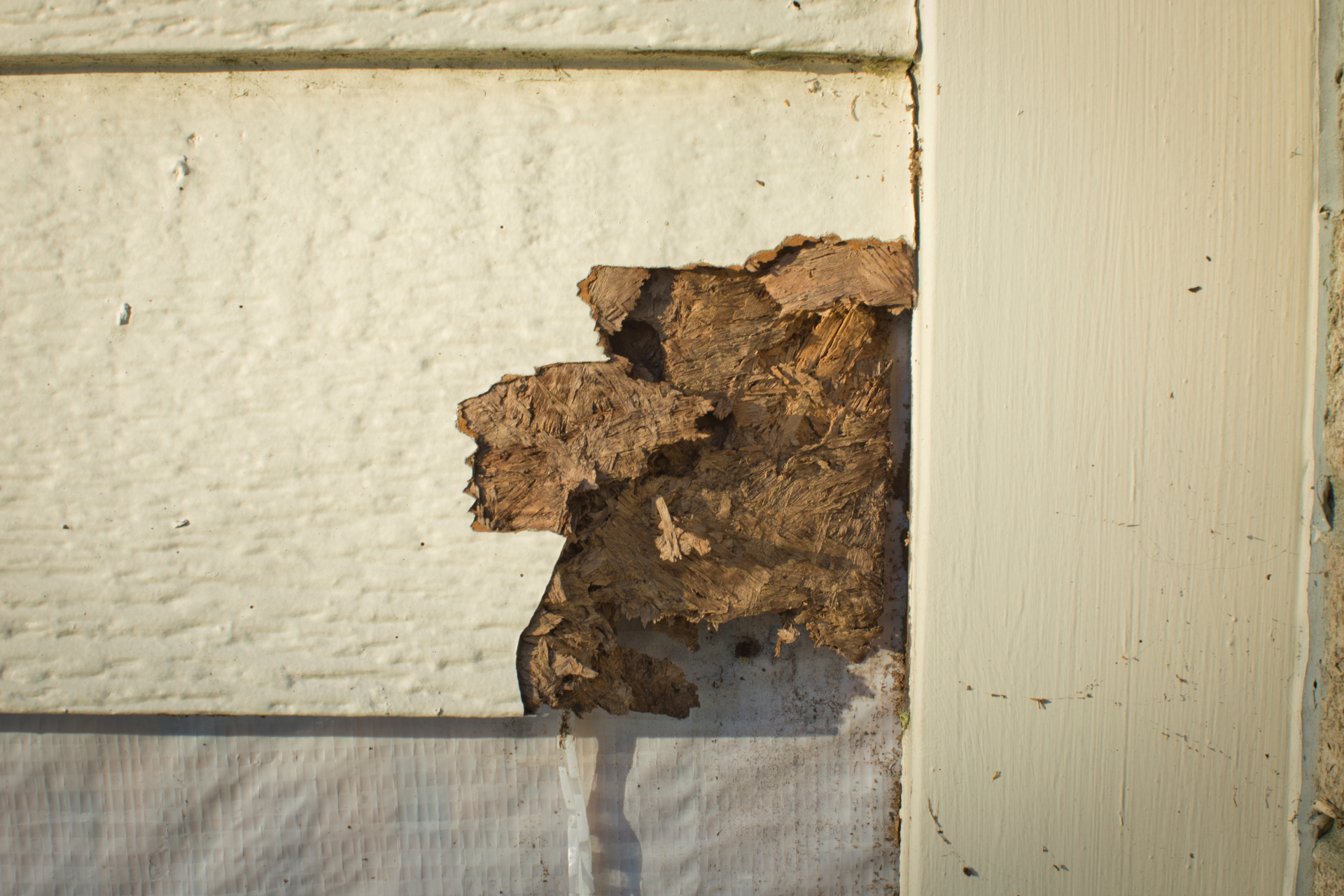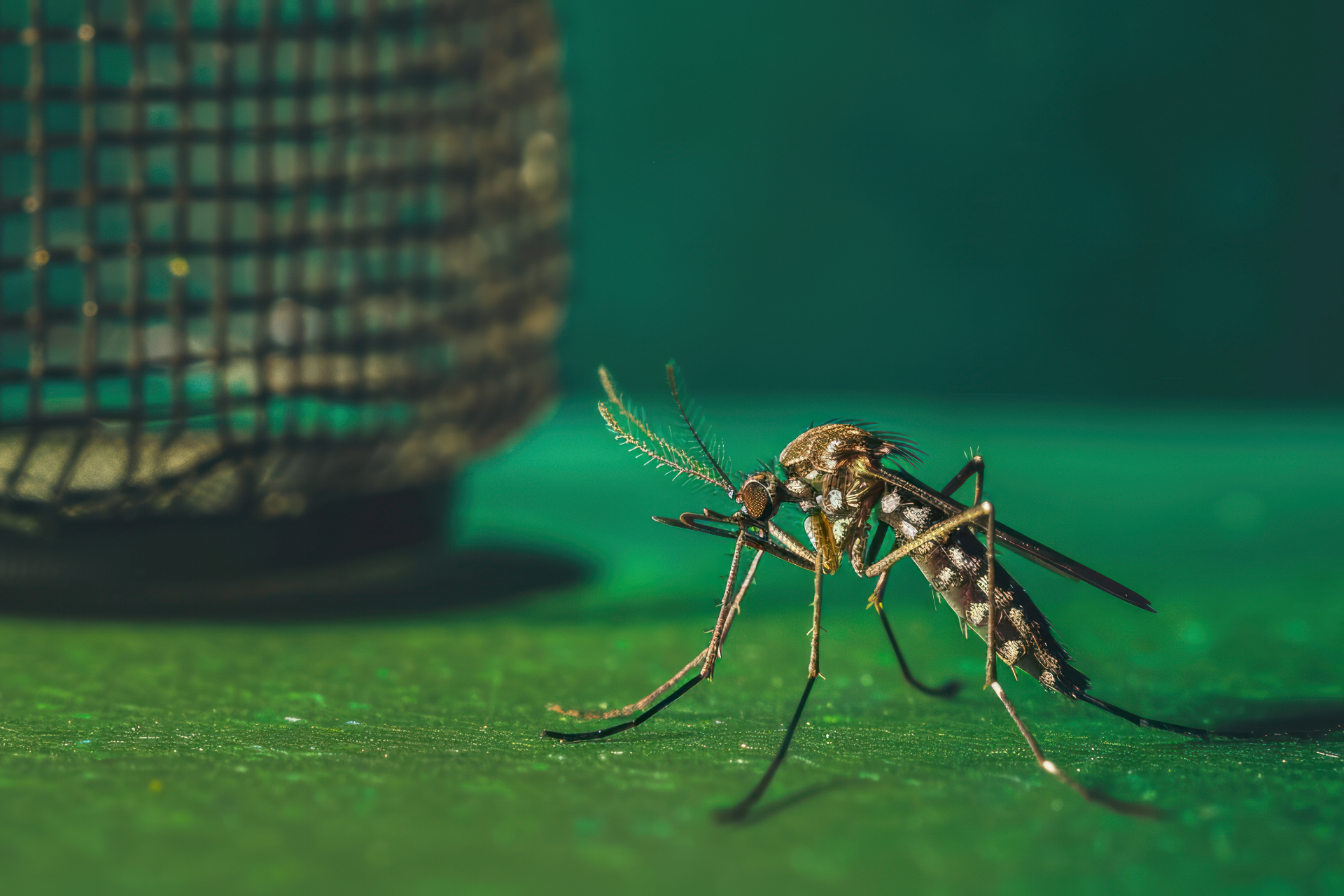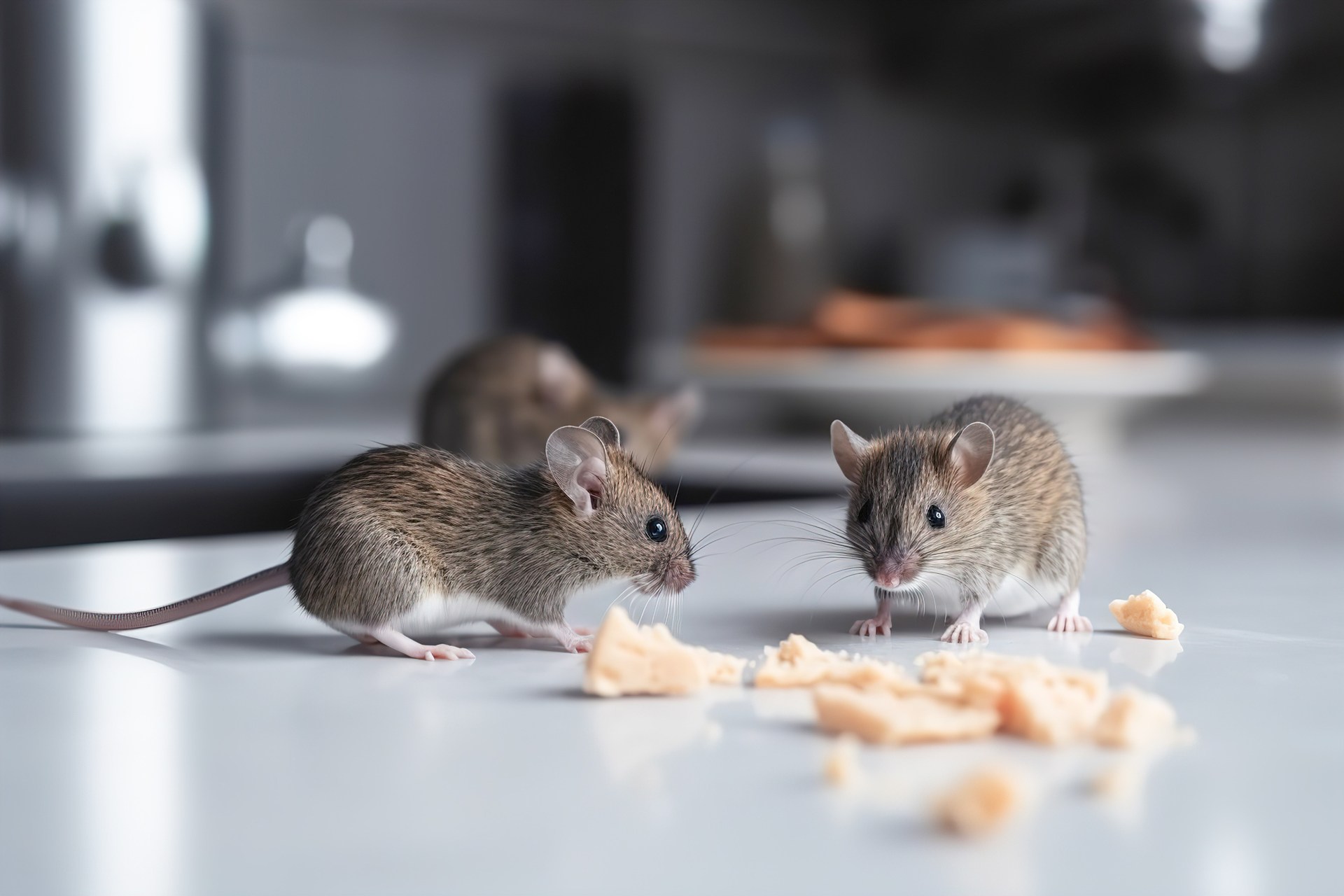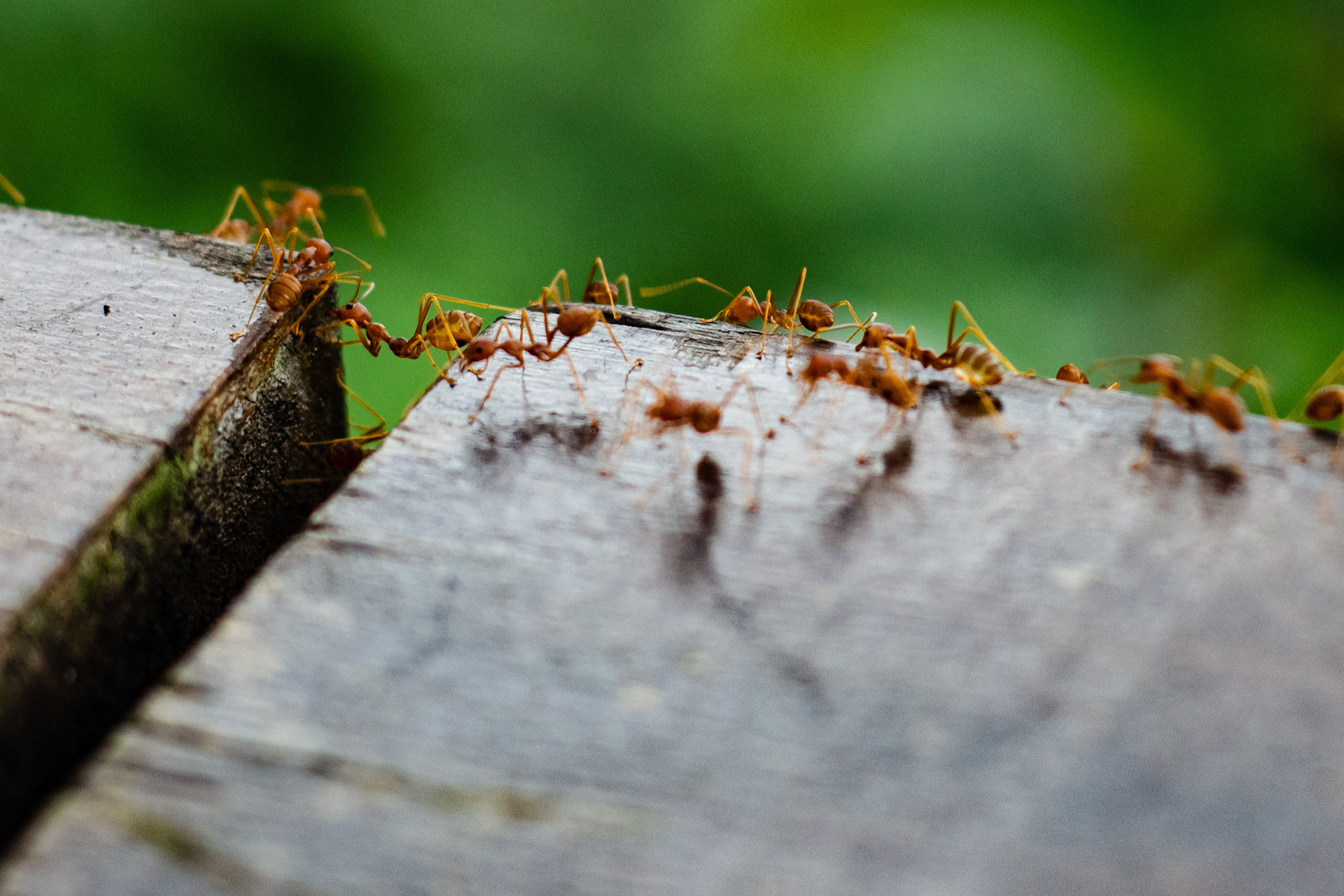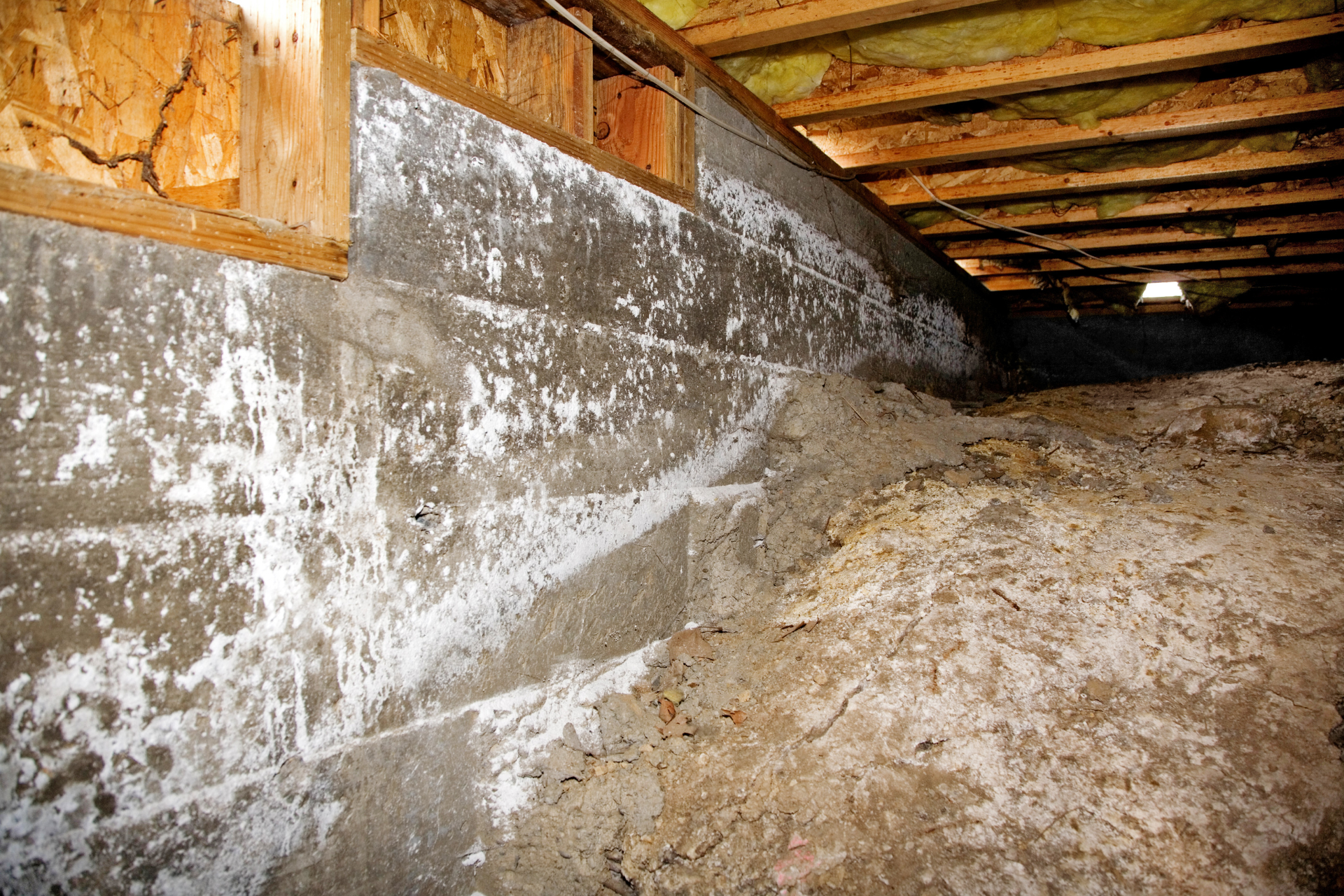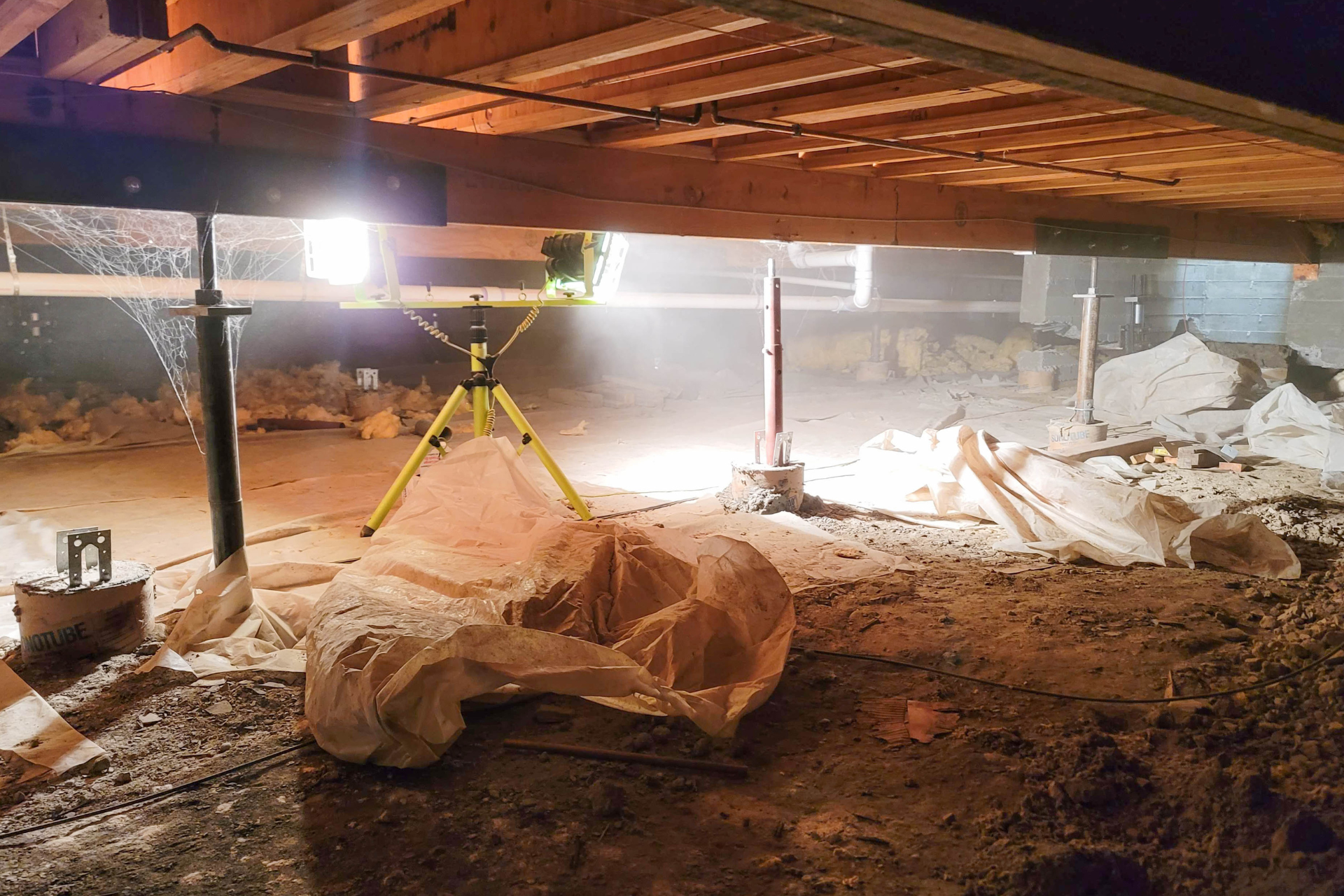Blog Layout
The Highly Intelligent Ant
May 7, 2020
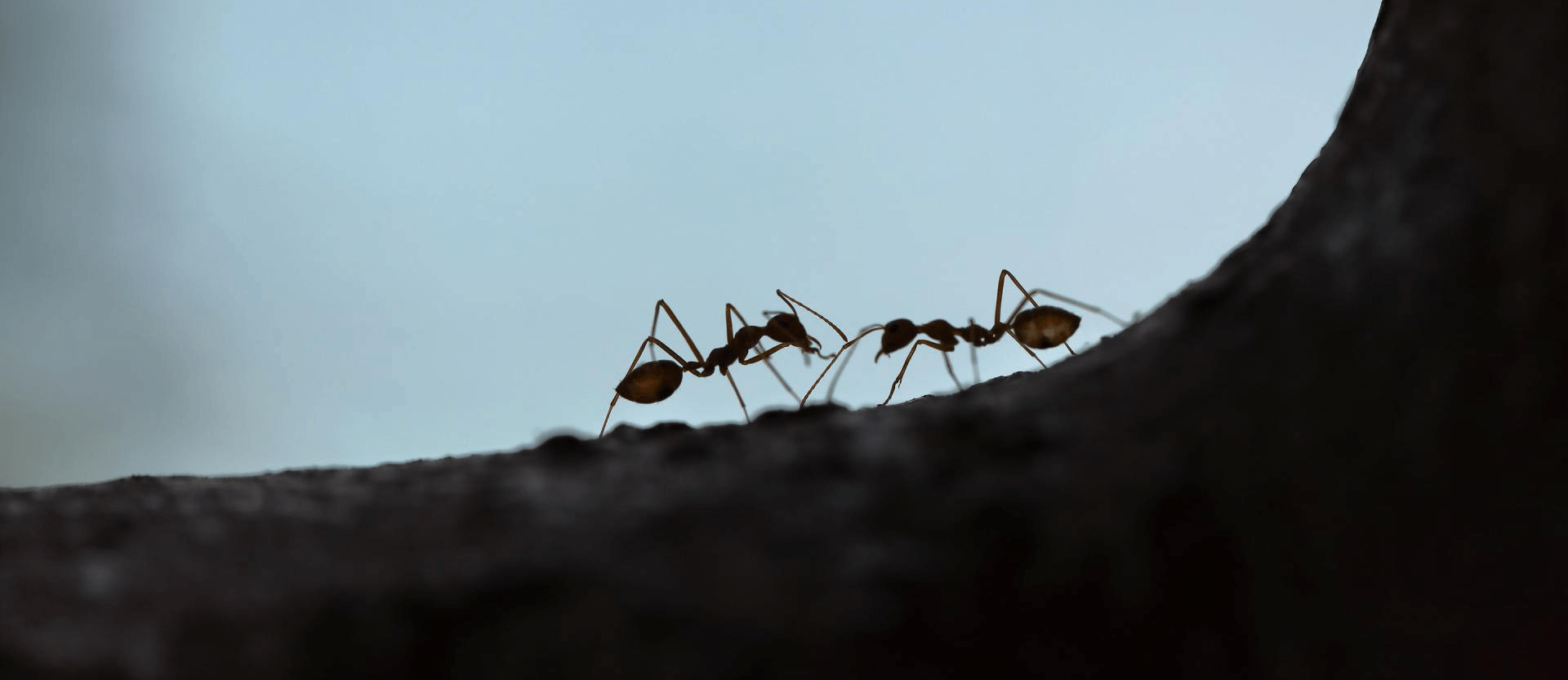
Pissant: (noun)
1. (Slang: Vulgar) A person or thing of no value or consequence; a despicable person or thing.
2. (Obsolete) An ant.
It is interesting to note that a word our culture has morphed over time into a derogatory insult once derived from a much simpler definition—an ant.
Nowadays, we have Piss Ants—the tiny, six-legged invaders who like to wreak havoc in our homes, as well as pissants—the annoying, two-legged kind whom we’d also want to be able to exterminate sometimes. This article is not about them though…it’s about the mighty, meager ant.
A Creature Of High Intelligence
You might think a creature of “no value or consequence” would also be unintelligent, but nothing could be further from the truth when we are talking about ants. An ant
is one of the most intelligent and industrious insects on the planet. Recent scientific studies show that they are even smarter than we’ve been giving them credit for. Ants are outstanding navigators and highly social. They are adept problem solvers and adapt quickly to new situations. When a nest needs repair, ants work together diligently to fix it. Teamwork comes naturally to them, and they routinely take on tasks as a group that they could not accomplish individually.
Ants have caring relationships with their colony members, even passing on knowledge from elders to the young. They are altruistic and have been known to exhibit incredible bravery, especially when one of their own is threatened or trapped. Ants even make their own medicine—they’ve been known to farm food and certain types of fungus just to be used by their colony for antibiotics. So many of these traits are commendable. It would be easy to admire them except for one other specific trait—ants are highly efficient foragers, and unfortunately for us, their target areas are very often our homes.
It’s one thing to be impressed as you watch ants marching in perfect single file up a tree to collect leaves, but quite another to watch those ants marching up your kitchen wall and disappearing into a cupboard to collect your stash of cookies. That dictionary definition above is short, but it speaks volumes about how we feel about these invasive insects. Ants have been around since the age of dinosaurs and have been plaguing humans from the moment we stood up on two legs. It’s no wonder we have such negative feelings towards them.
Ants do much worse than raid our food supply and crash our picnics. Once your home is on their radar, they move in and are challenging to get rid of. Many species will nest right inside your home. They damage woodwork and building structures, destroy foundations, chew through wiring, wreck electronics, and ruin our lawns. Ants also present a danger to our health—they carry bacteria, parasites, and infectious diseases that are transferable to humans.
The Ants Of North Carolina
Ants are attracted to building materials as well as the foods we eat, especially sweets, and are found everywhere in the U.S. There are 186 ant species in North Carolina
alone. Some of the ants you are likely to find in or around your home or business include House Ants, Odorous House Ants, Trailing Ants, and—you guessed it—Piss Ants.
House Ants
represent a large number of small ant species that are likely to invade your home. They are typically no larger than 3/8”. They are dark brown to black, and species are so similar in appearance that it may be challenging to differentiate one from another without a microscope.
Odorous House Ants
are tiny, growing to only about 1/8”. What they lack in size they make up for in stench—these ants give off an unpleasant odor when crushed. (Not surprisingly, they’ve also been called Stink Ants.) They smell like rotting coconut, blue cheese, or turpentine. These ants especially love sweets—they’ll choose your banana over your burrito. They don’t bite, but these ants are tough, and their colonies can number up into the tens of thousands.
Speaking of stench, let’s talk about those Piss Ants. Just like House Ants, Piss Ants include a variety of different ant species that are considered wood ants. They prefer to build their nests in nearby wooded areas rather than in homes. They use wood as their nesting material, mainly pine, and in combination with the formic acid their bodies secrete, their nests take on a distinctly urine-like odor. These ants are small, typically not much larger than 1/4”, and can be black, brown, or reddish. Some varieties may even sport a bluish-green, iridescent sheen. They are particularly fond of aphid honeydew, but they definitely won’t pass up that apple pie on your kitchen counter. They have large mandibles and a painful bite.
Trail Ants, sometimes called Trailing Ants or Tramp Ants (a nod to their inclination to hitch a ride on various modes of transportation), are tiny, only growing to about 1/8”. They have yellowish bodies with brown abdomens. These ants are chewers and are notorious for damaging structures, fabric, electronics, and even vehicles. Their bite is very painful, and, alarmingly, they are known to be very aggressive towards humans, even swarming and attacking them in their sleep.
What To Do With An Ant Problem
No matter what kind of ant you discover in or near your home or business, it is not a good sign. Seeing just one ant usually means that hundreds or even thousands are lurking close by. Getting rid of them is a frustrating challenge. Over-the-counter products don’t work as well as they used to as more and more species are developing an immunity to pesticides. If you are experiencing an ant problem, your best bet is to contact a professional pest control company.
When it comes to pest control in North Carolina, nobody does it better than At Ease Pest Solutions. We are proud to be a veteran-owned company with the experience, know-how, and resources to get the job done right. We will diagnose and get rid of your ant problem and put a preventive plan in place to keep them from coming back. Our caring commitment to the communities we serve is apparent in our many awards, as well as the multitude of glowing reviews we receive from our clients. We don’t just specialize in pest control—we provide ease of mind. So if you’ve got an ant issue, give At Ease Pest Solutions a call today. You’ll be glad you did.
Troutman Branch
694 South Main Street
Troutman, NC 28166
704.761.9697


